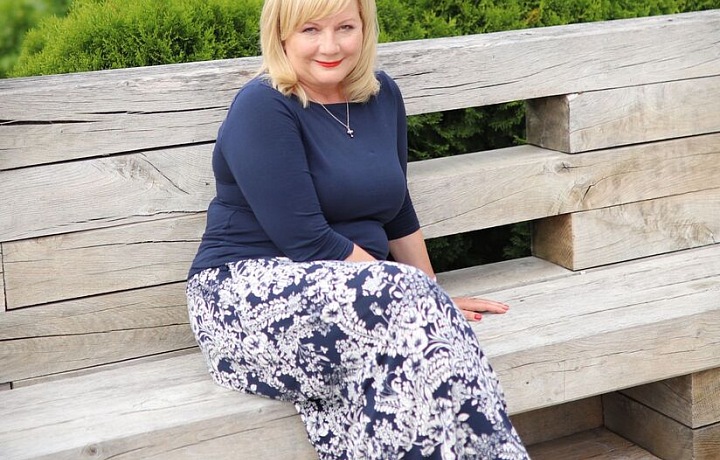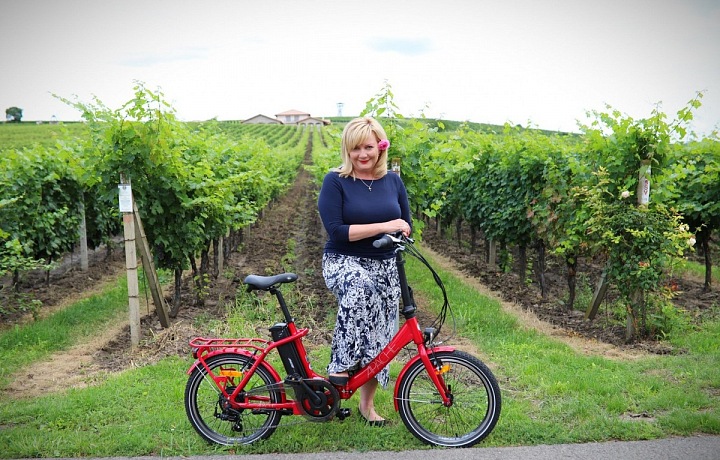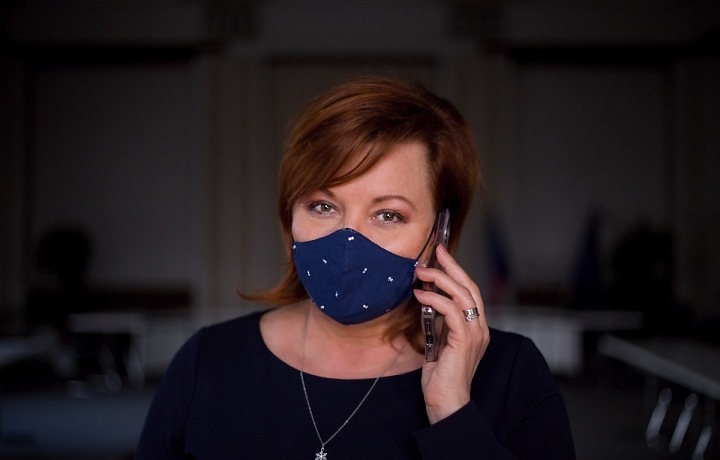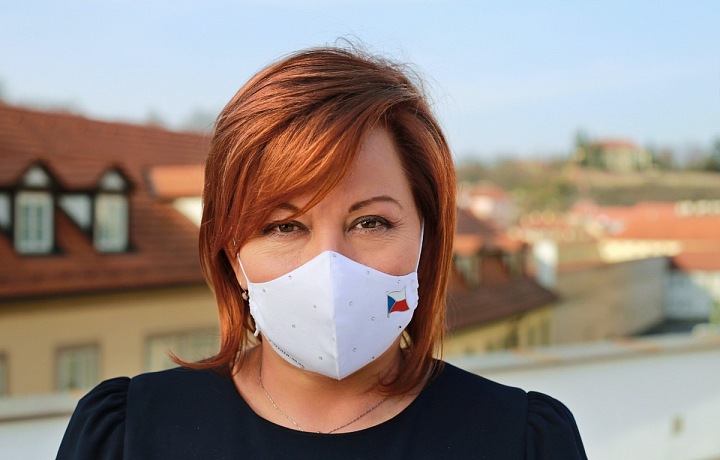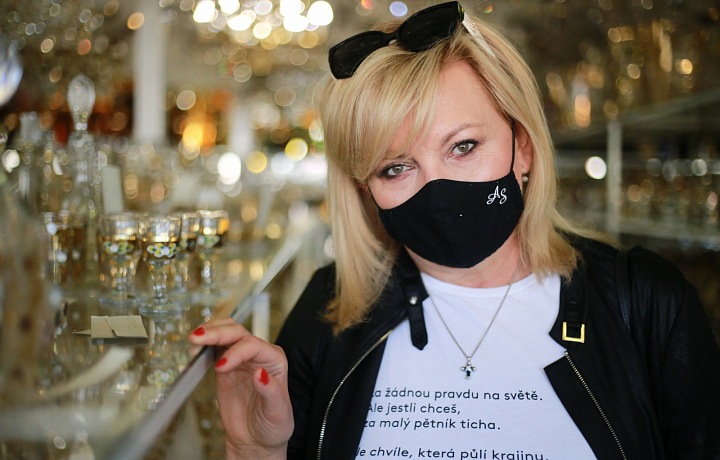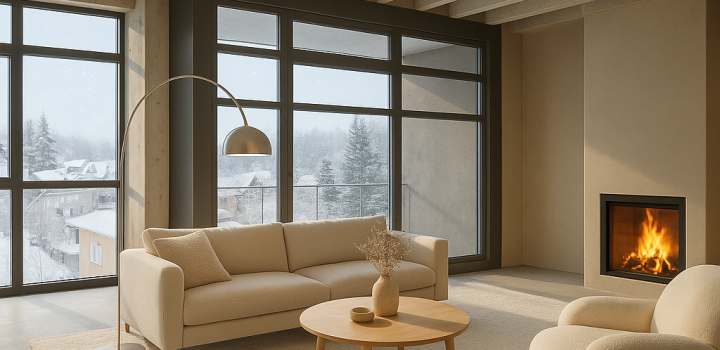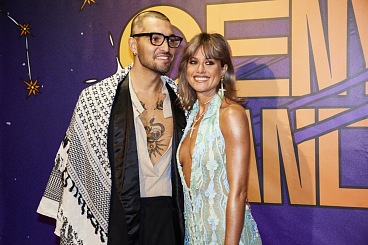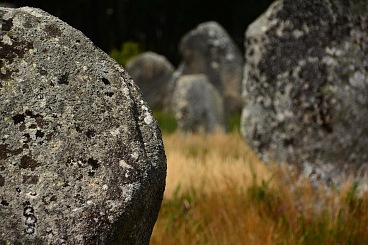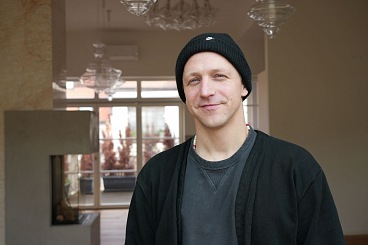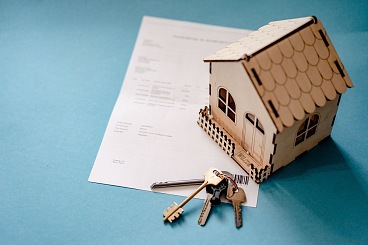Fast Confession - Deputy Prime Minister and Minister of Finance Alena Schillerová: Women cultivate politics and bring a feminine element to it
Finance Minister Alena Schillerová is busier than ever. Nevertheless, she took the time for an interview with LP-Life.com and told us not only about her life in Prague, but also how important her home in South Moravia is to her. She reminisced about her student years and the first moments when she entered politics. She also talked about which prominent women were her role models in this sector and why there should be relatively more women in politics.
You are from South Moravia and have lived in Prague for about 6 years. Do you feel at home in Prague now, or do you go to Moravia whenever you can?
My heart will always be in South Moravia. Especially when I come there, I feel at home. I always say that in my imaginary Highlands I put down this „backpack“, which I always pick up again when I come back. But I won't give up Prague. I just feel good here too, the people here treat me nicely, I have my work base here, but my home and heart is in South Moravia. And my family as well.
Do you remember which was the first profession you wished to pursue as a child and what attracted you to it?
In my case, it would be a bit boring because I wanted to be a lawyer from about the age of ten. It started after a period of time during which when I was constantly debating with my parents. Not that I talked back, I wouldn´t have dared to. But I still had so many different questions and comments on everything. And my mom, the poor thing, said one day, "You should go to law school." It kind of stuck in my head, and in the end, I had no other choice, and I graduated from the Faculty of Law at Masaryk University in Brno.
Did you think about getting into politics while you were studying law, or was that ever your goal?
No, I never thought about politics. I dreamed of a career as a lawyer, judge, prosecutor or attorney. Although I was always more drawn to public law, I never gravitated towards private law. And then, after the revolution, I got into financial administration coincidentally, and the story is quite familiar. Then I actually climbed that career ladder until I ended up, rather coincidentally and by chance, in politics. But it was never my goal or my path. A path, I suppose, but not a planned path.
There's a lot of opinion in the media at the moment that you're a hot candidate for prime minister or president. Do you aspire to those positions?
I have no such aspirations at all. I have only two at the moment. The first is to finish my mandate. That is, for the government to pass the budget, send it to Parliament and complete it before the elections. Then to do the best possible result as a candidate, as number one for the South Moravian Region in the elections, to get into Parliament and then we will see. I am not concerned with anything else. I just really live in the present.
Are you of the opinion that there should be more women in the political sector? You are actually the first woman to head the Ministry of Finance in its history. And if so, why?
I certainly hold that view. I am definitely against any quotas or any compulsory numbers. I think that's stupid. Either a certain woman makes it or she doesn't. Women simply cultivate politics, bring a feminine element to it. I, for one, bring my everyday experience from a life as a woman, too. I think it should be so, even though men won't forgive you for anything. To think they'll forgive you for anything, they won't. But at least they don't behave as rudely as they would to a male counterpart. And I think the female perspective is different from the male perspective, and that's important. Because you're making decisions about a lot of things that affect people's lives. It takes a huge amount of responsibility, but it also takes experience, to have some years of life experience under your belt. I say I would like to see more women in politics. I certainly would.
A large part of the public criticises a certain financial deficit of the state budget, what is the plan for the Czech Republic to cope with it with honour in difficult COVID times and in the future?
I would like to remind you that when the ANO movement, the ministers from the ANO movement, took over the finances in 2014, the deficit was much larger. In terms of GDP percentage, it was about 44.4% of GDP. Before the COVID, it was below 30% of GDP, and then the COVID came. And there was no other choice for us, certainly not for me, but to help the economy, to help people, to compensate entrepreneurs, but also to put a lot of money into investments, because when else but in a crisis, when we should invest our way out of that crisis. So we had to go into debt, all the countries of Europe and the world have done it. However, we were able to lean on an excellent financial cushion. I have a 7-year plan, I am actually already reducing the deficit by more than 123 billion year-on-year, and we will return to balanced finances in 7 years, but sensibly. That means not cutting everything now, not stopping investing, not taking money from people, not taking pensions from pensioners, as the current opposition did in the last crisis. I am thinking, for example, of revalorisation, of how money was taken from pensioners and people's salaries. We are certainly not going down that road. On the contrary, the economy must be boosted. And it is supported by investment and consumption. So my plan is that in seven years we will have balanced budgets again.
Is it necessary to cut government spending in order to cut taxes?
We have cut taxes, and I would like to remind you that we have invested extremely well within that deficit. The whole 552 billion has already gone into the economy since the pandemic. It is to help the economy, to help businesses and citizens, to help health care and so on. We have cut taxes by 510 billion since 2014, since the ANO movement took over the Ministry of Finance, most dramatically since this year by abolishing the super gross wage and reducing income tax to 15% for all employees. So my plan is that over the seven years we will make savings on the expenditure side and partly on the revenue side. That means excise duties, abolishing tax exemptions, taxing global companies, which we are addressing on the OECD platform. Combining this, European money and economic growth, we will return to balanced budgets again.
Would the adoption of the euro be beneficial for the Czech Republic?
During this term of office, we have prepared a certain material together with the Governor of the CNB several times, which was then discussed and approved by the government, concerning whether we propose a date for the adoption of the euro, because we made a commitment to adopt the euro when we joined the EU in 2004. However, the material always said that we did not want to set a date for the adoption of the euro yet. And I, as Finance Minister, just see more negatives than positives at the moment. I am certainly not suggesting any date in the foreseeable future to adopt the euro at the moment.
How do you deal with public criticism and pressure from society in your position? Isn't it stressful?
You know, you get used to everything. It's a job, it's a public service, that's how I see my job, and the criticism and pressure is a part of it. When that tense, COVID period was going on, I sometimes felt like everybody was against me. But I don't take it personally, I just familiarize myself with everything, I think it through, but whenever I am convinced of something, I stand firmly by my opinions and don't let it derail me.
Recently you have been talking about a high-speed train between Moravia and Prague. Isn't that a bit of a conflict of interest and will such a thing be realised?
I have been hearing about this for a very long time. Of course, as a "Brno and South Moravia resident" I would be very happy to have a fast train between Brno and Prague. It is already being worked on very intensively. I will certainly push the acceleration of this work. At the moment, we are in the phase of buying up land and construction should start in the next parliamentary term. It is important because many people from South Moravia, and not only them, but also a large number of Brno residents, actually work in Prague, and such a fast train would certainly save housing capacity. It would also increase the value of land plots in Brno, because these people would return to Brno and not leave for Prague. These are all things that are important. I think that this situation has been going on for a very long time, and I think it is important to have this fast train between Brno and Prague.
Thank you for the interview.
I thank you very much for the invitation and for the pleasant time.
Fast confession:
Do you enjoy more being brunette or blonde?
If you could choose from all the people in the world, who would you most like to have dinner with?
What would your perfect day look like?
When was the last time you received a compliment from a man and what was it?
What did you dislike most about studying law?
Your greatest achievement in life?
What do you value most about friendship?
What type of men do you like?
Are you glad your daughter and son-in-law are active in politics?
Is there anything you've wanted to do for a long time that you haven't done?
Three words you would use to describe Andrej Babiš?
If you could choose, which woman would you like to see as the president?
Your favourite foreign politician and why?
Are members of the LGBT community a threat to the traditional family?
What would you ask me?
Definitely now.


